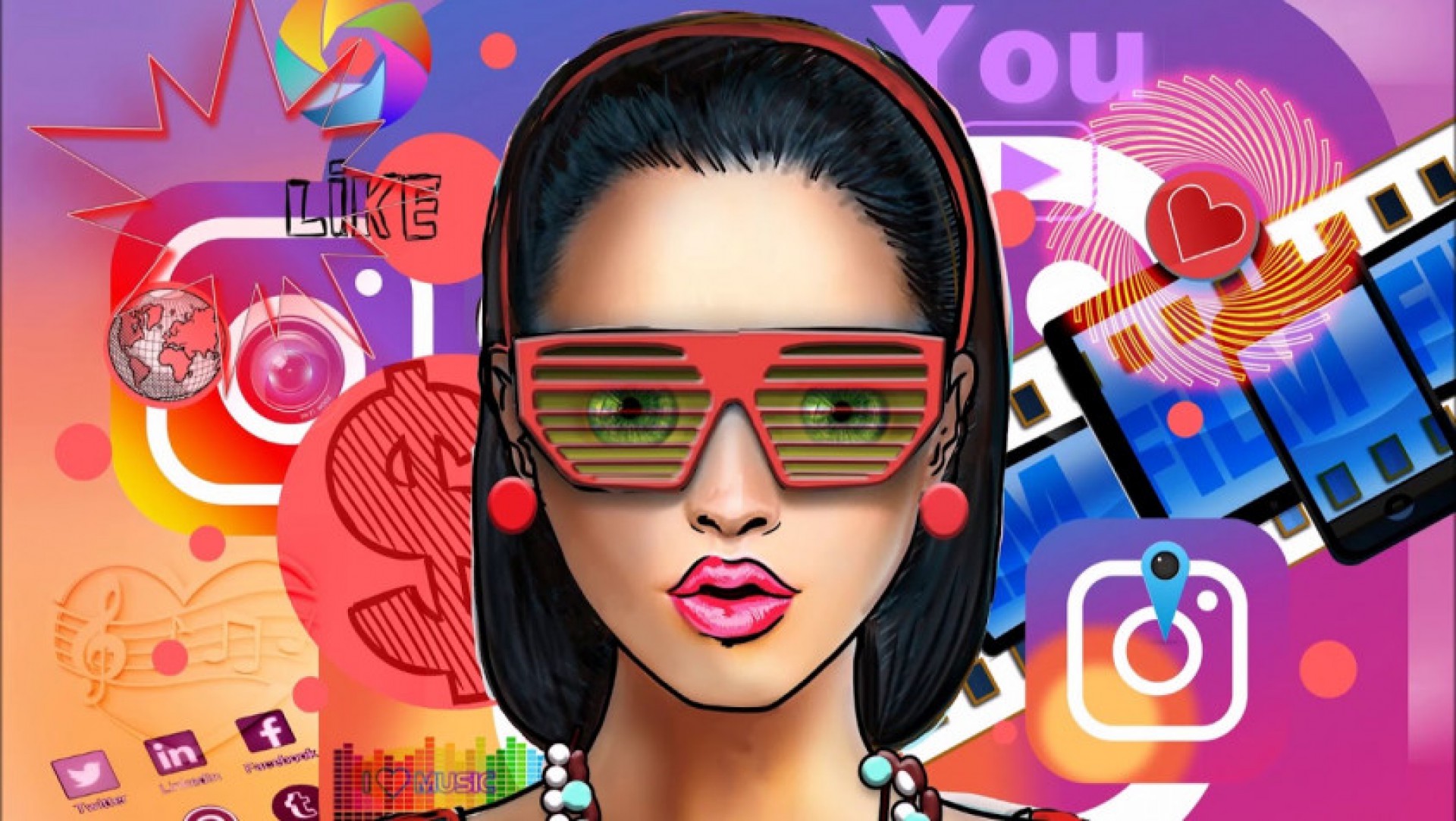In the new decade, working with influencers will continue to be one of the most critical marketing strategies for brands.
Today, we're here to show you how to sell products or services to the next generation of consumers.
The Age of Informed Customers

The new generations of customers are more diverse and open-minded compared to older generations. Millennials (born between 1981 and 1996) and Gen Zs (those born between 1997 and 2012) expect brands to reflect their values and views. Generally speaking, they consider subcultures more relevant than mainstream pop culture.
Many next-gen consumers find brands and make purchases through social media. 70% of representatives of Millennials and Gen Zs often or sometimes find out about the products they want on social networks, according to a Morning Consult report. 56% bought a product after seeing an influencer post about it. 50% confirmed that they learn about new products on social networking sites.
The Age of Creators

Many Gen Zs find content creators or social influencers more relevant and reliable than ads promoted by celebrities, actors, or athletes. A 2019 poll from YPulse showed that 31% of consumers customers between the ages of 13 to 37 said they trusted YouTube influencers. And this is not surprising. The younger generations do not trust brands and macro-influencers as much as other generations. Consumers want to see influencers authentically engage with a product they're promoting. The main reason people buy a product or service after the recommendation of an influencer is that they feel that "the influencer is versed in the product, brand, or industry that he or she promotes," according to Morning Consult.



LASĂ-NE UN COMENTARIU